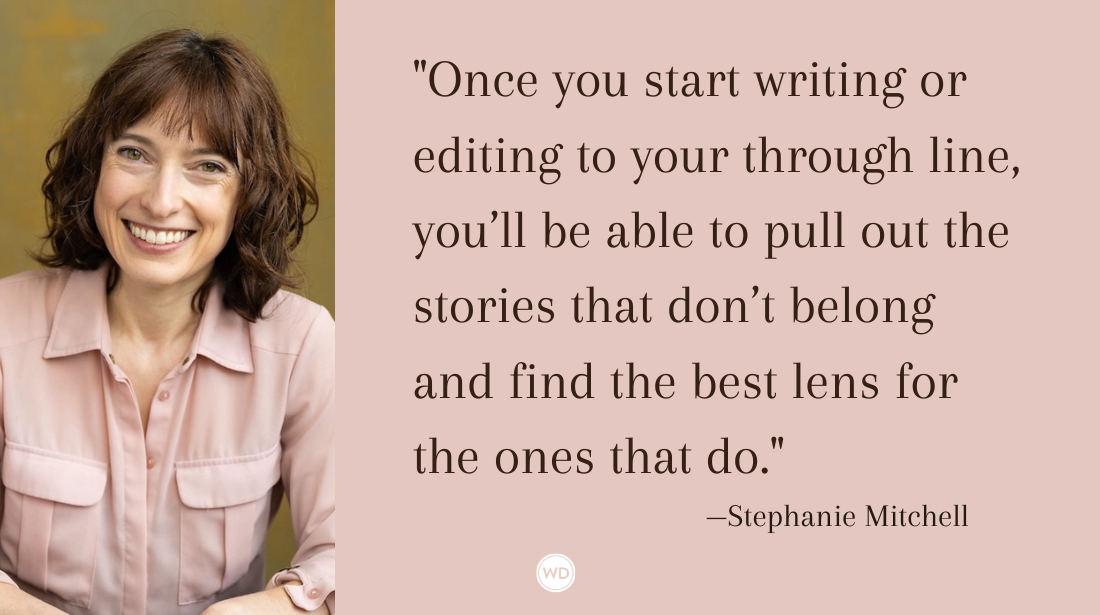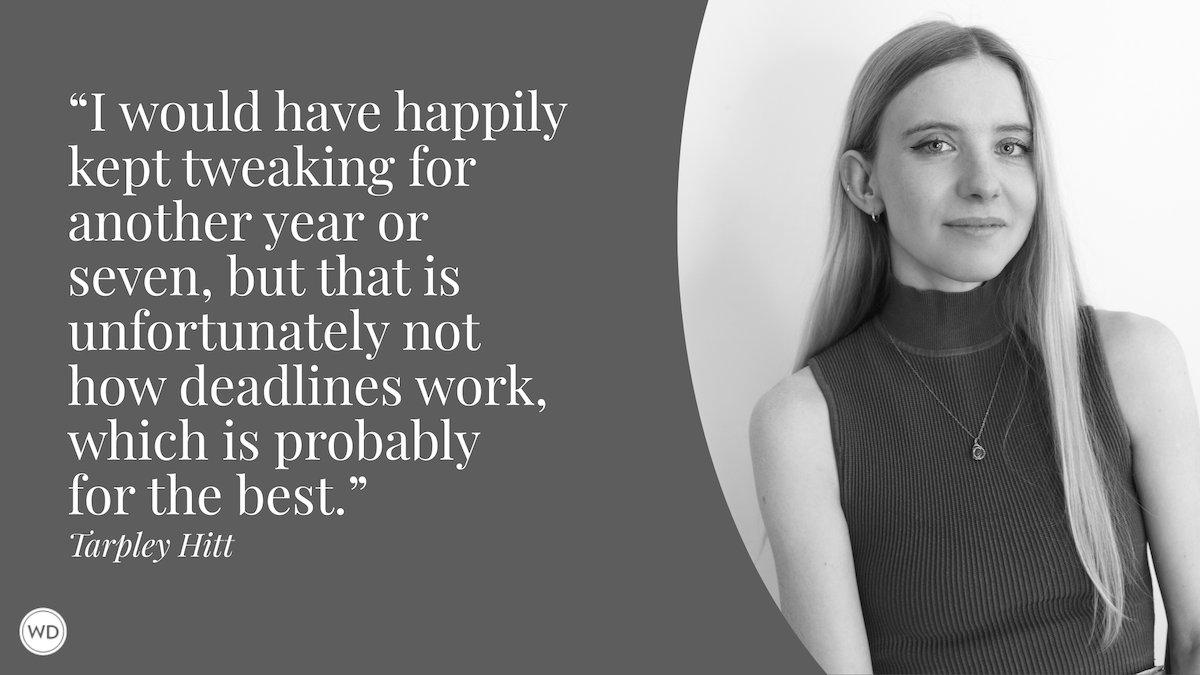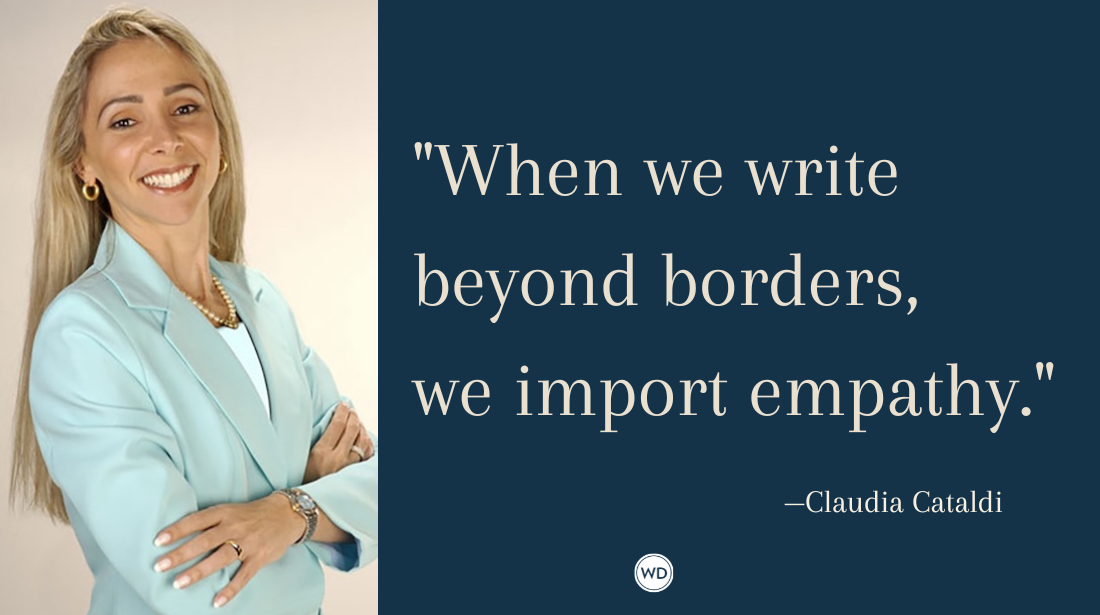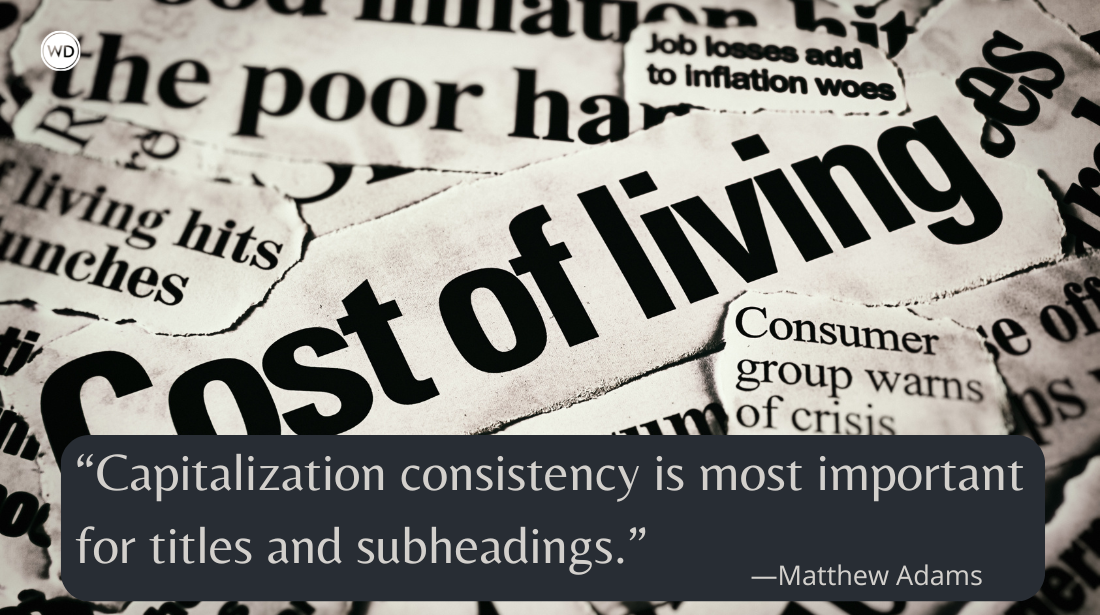7 Things I’ve Learned So Far, by Alexis Grant
Outside of personal experience, the best way to learn is to get advice from people who’ve been there and done that. Discover the seven things learned so far by author Alexis Grant.
This is a recurring column called “7 Things I’ve Learned So Far,”where writers (this installment written by Alexis Grant) at any stage of their career can talk about writing advice and instruction as well as how they possibly got their book agent -- by sharing seven things they’ve learned along their writing journey that they wish they knew at the beginning.
1. No story’s about the author. A memoir revolves around the author’s experiences and ideas—and so can fiction and nonfiction. But the story is never really about the author. It’s about something larger than one person, a theme readers can relate to, one that makes them reflect on their own life. My memoir, for example, is my story of backpacking through French-speaking Africa. What’s it really about? Why each of us should take a leap in life, and the value of traveling solo. I’m an important piece of that. But the story’s not solely about me.
2. Artist’s colonies are worth jumping into. I consider myself a journalist, not an artist. But during my first artist’s residency this year, when I spent five weeks in the woods of northern Georgia, I learned that I really do write more and better in a quiet setting with no distractions. I also met other creative types who opened my eyes to new ideas and fed my writing fire. Finding the time—and sometimes the money—to go to a colony can be difficult, but you’ll be glad you did.
3. Writing a memoir is a lot like writing fiction. It’s nonfiction, of course. All my stories are true. But they have to be told with dialogue, description, scene-setting, pace, characters—the same tools I’d use to write a novel. (These skills do not come naturally to someone who has used direct quotes and right-to-the-point leads for most of her writing career.) Writing this way takes practice. It helps sometimes to remind myself that my true story should read like a novel.
4. Exercise has more than physical benefits. Stuck on a scene? Sick of a chapter? Taking a break to go for a run or walk the dog isn’t wasted time. It’s a chance to think about the story without the pressure of having to put words on paper. Your brain is still working but in a different way, which may benefit you and your story in the long run (pun intended). I do my best thinking when I don’t mean to—while running.
5. A problem can be solved by writing through it. Not sure where the story’s going or whether there’s a bigger lesson behind a scene? You’ll never know if you don’t start writing. Put words to paper—any words—and sometimes the muse works her magic, bringing the story to a place you didn’t expect. Other times that scene should go right into the trash. But even knowing where the story’s not going can help. And often the best way to figure that out is to write through it.
6. My favorite parts aren’t necessarily important to the story. I loved watching the sun set over the Niger River—but that memory, however important to me, might not help my book. For every scene, we must ask ourselves: What’s the reason for including it? Does it propel the story forward? How does it benefit the reader? When it comes to your favorite parts, ask yourself these questions twice. Just because it’s good for you doesn’t mean it’s good for the story.
7. If it’s embarrassing, it’s probably a keeper. Details that feel the most revealing tend to be the ones that let the reader into my head and help them understand me as a person—and that’s what memoir is all about. Whenever I’m tempted to cut an embarrassing paragraph,* I remind myself that those are usually the parts my readers enjoy most. Of course, this rule of thumb can be taken too far—a memoir is not, after all, a diary. But most of our face-reddening habits or thoughts serve a vital purpose in our stories: they make us more human. If it helps the reader relate to you, it’s worth keeping.
Alexis Grant is the managing editor of The Write Life. Grant is also an entrepreneurial writer and digital strategist, with a focus on careers and the workplace. All of her work falls under one umbrella: helping others create the life you want to live.









